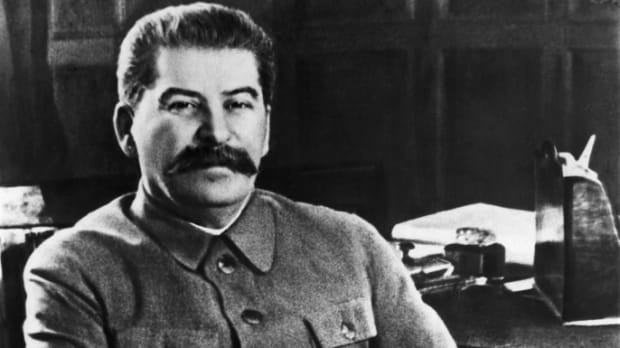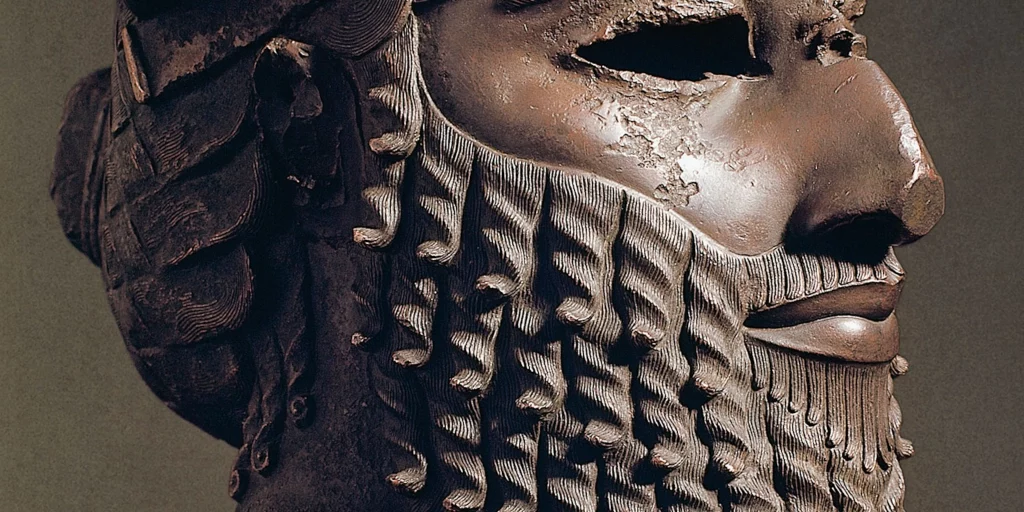Last updated on December 9th, 2022 at 05:16 am
Humanity recognizes those who have exuded an extraordinary amount of excellence, influence, and wealth. Whether the person’s influence is debatable or not, we are certain of one thing —these people have significantly altered how we view the world and interact with it, their contributions remaining evergreen in the sands of time.
What makes these people special? Is it their following? Do we praise them based on their efforts and contributions to society? One must not be a historian to know that influence requires doggedness, charisma, and confidence.
No human has ever made an impact by hiding his talent, and not everyone can influence the environment around them.
In no particular order, the following people have made their mark by standing out in their various fields, be it politics, technology, or culture.
Jesus Christ
The son of the Christian God himself, born in human flesh, Jesus Christ, was born between 6-4 BC and was a first-century preacher and religious leader.
Jesus’ life began with a miraculous birth, followed by the various miracles he performed as he grew into adulthood, which mainly characterized his life and teachings.
The son of a carpenter and a virgin mother, Jesus was well known across the length and breadth of Judea, Samaria, and the rest of the world. He was named the “King of the Jews,” which was a perceived slight on the rulers and priests of the time.
The popularity and influence Jesus Christ garnered were deemed hurtful to the government of the day. Consequently, in 33AD, Jesus Christ was crucified in a place named the “Place of the Skull,” or Golgotha. He was crucified alongside two other thieves. However, his ideals and practices have spread their tentacles across every nook and cranny of the world.
Albert Einstein
One of the most outstanding scientists to have ever graced the fieeld, Albert Einstein’s scientific theories have laid down the pathways for many discoveries, even years after his death.
Born in 1879 on the 14th of March in Germany, Albert’s interest in electrical science stemmed from the factory where his father, an engineer, worked and developed DC-based electrical components. He later studied at the Polytechnic in Zurich. Subsequently, Einstein published a set of ground-breaking papers in 1905, termed Einstein’s ‘Annus Mirabilis,’ or miracle year.
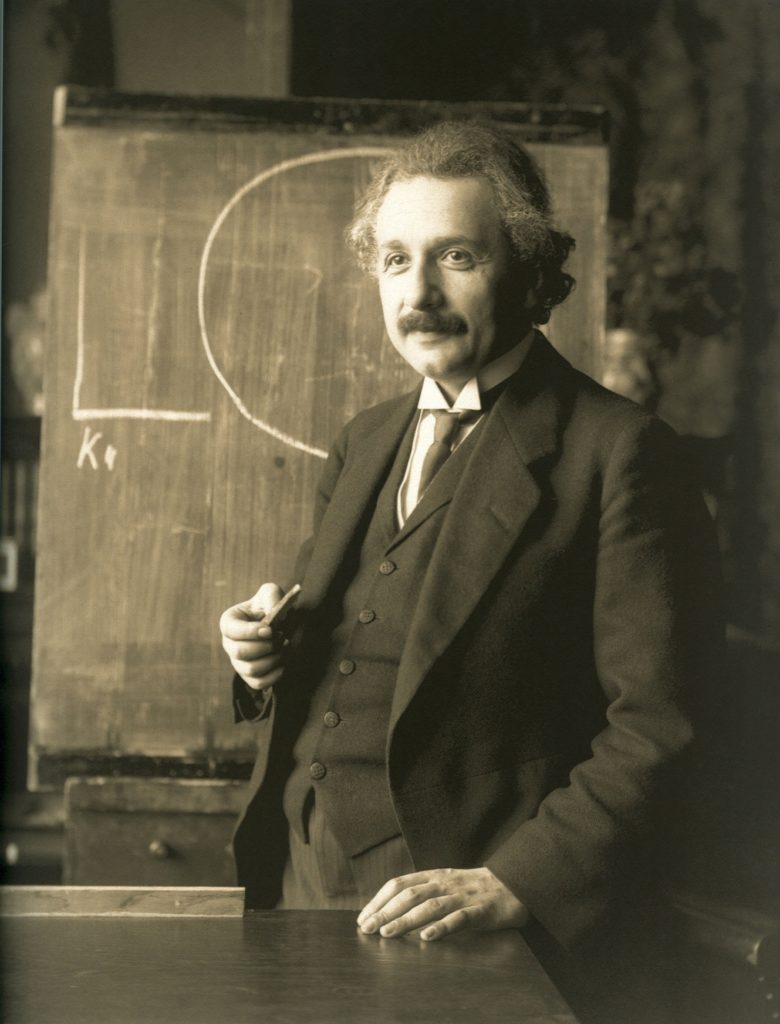
That same year, Einstein was established as a household name and a renowned physicist around the globe. Einstein eventually received a Nobel prize for his explanation of the Photoelectric Effect.
His discussion of the “theory of relativity” and additional insights into the technicalities of quantum mechanics became the core of our present-day scientific theories.
Aristotle
Aristotle was one of the greatest intellectuals in ancient Greece, around 360 BC. He was mentored by Plato, another great intellectual known for founding the first higher learning institution in the Western world.
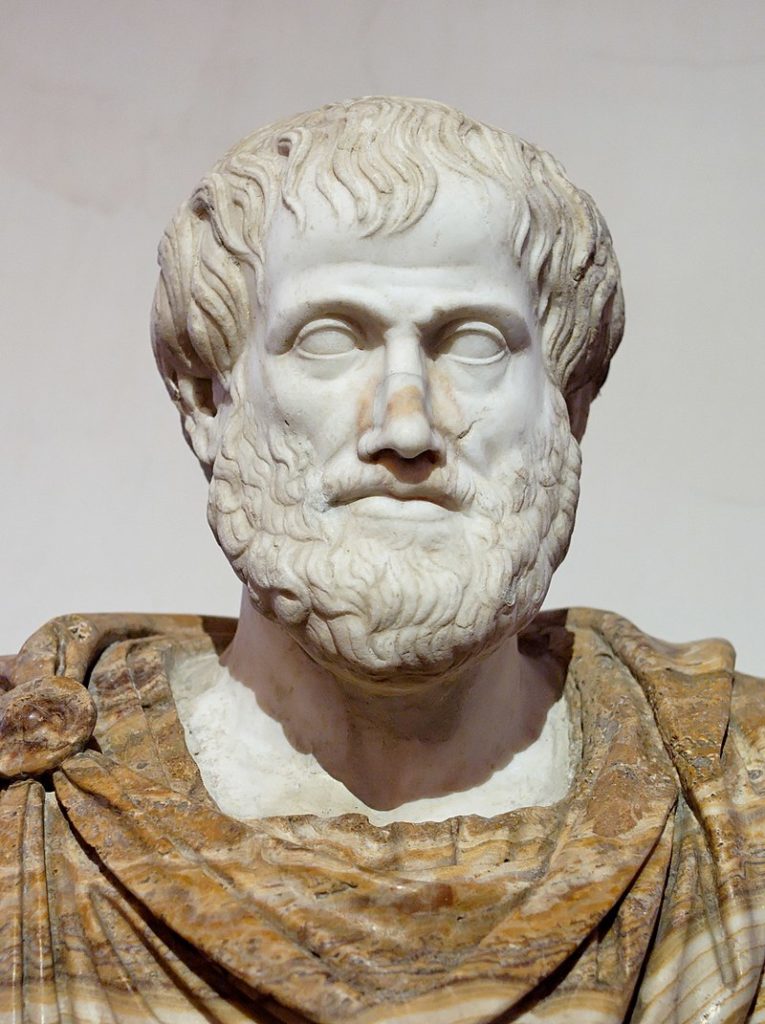
Aristotle’s philosophies spanned many topics, from logic to ethics, poetry, music, economics, and even politics. His works catapulted him to his fame as a distinguished scholar.
Charles Darwin
Charles Darwin was the first proponent of the theory of evolution, the theory of natural selection, and the theory of survival of the fittest. Charles Darwin had been intrigued as a child by the laws of nature, why nature was cruel, etc.
Born into wealth around 1809, Charles Darwin spent his childhood in Shropshire with family members that were medical practitioners. This background spurred his interest in biology.
Although his works were not published, Darwin is acknowledged for being the author of the “Voyage of the Beagle.” He’s also known as a geologist that uncovered the mysteries surrounding the formation of coral atolls in South America.
Mahatma Gandhi
Legally known as Mohandas Karamchand Gandhi, Mahatma Gandhi was an Indian lawyer who eventually became the leader of the anti-colonial nationalist movement. He was also the political ethicist that spearheaded India’s campaign for its freedom against its colonization by Britain.
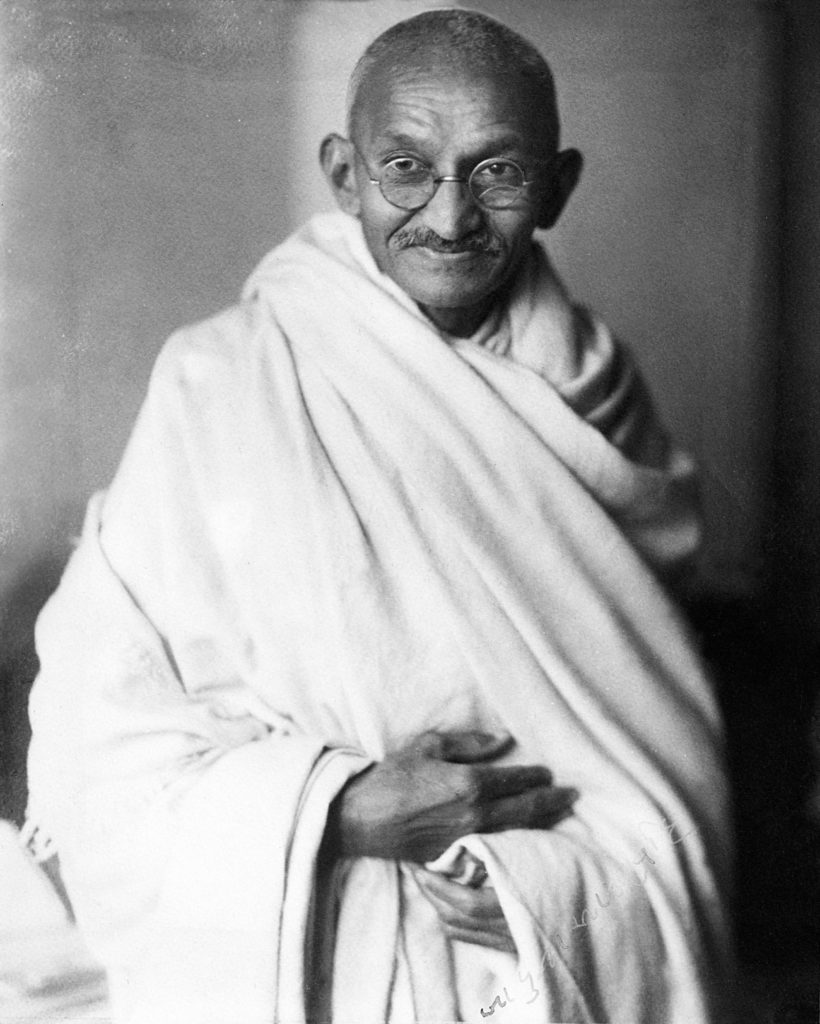
Subsequently, his ideals surrounding resisting the British in a non-violent manner spurred the fight for civil rights and independence in India and worldwide.
Gautam Buddha
Born in Nepal, Gautam Buddha was an ancient religious leader born in the Lumbini district of Nepal. Buddha was the teacher on whom Buddhism was founded.
With a royal background traced to the Shakya Clan, Buddha renounced earthly life. It is believed amongst his followers that after Buddha spent many years meditating, he awakened to understand the concepts of pain, suffering, rebirth, and the ways to escape such emotions.
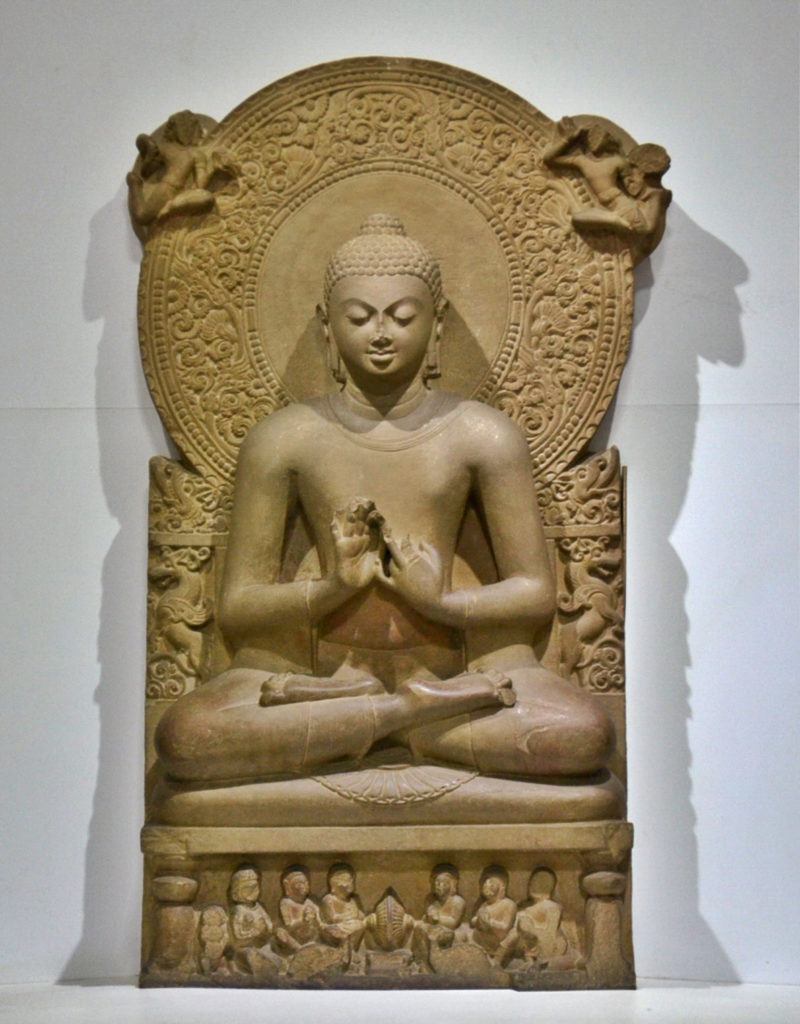
Even after his death, his teachings are an inspiration for a large number of followers in many Asian countries such as China, Thailand, and more.
Nikola Tesla
Nikola Tesla is one of the world’s most acclaimed inventors. He is behind the modern Alternating Current, electrical supply systems, and more.
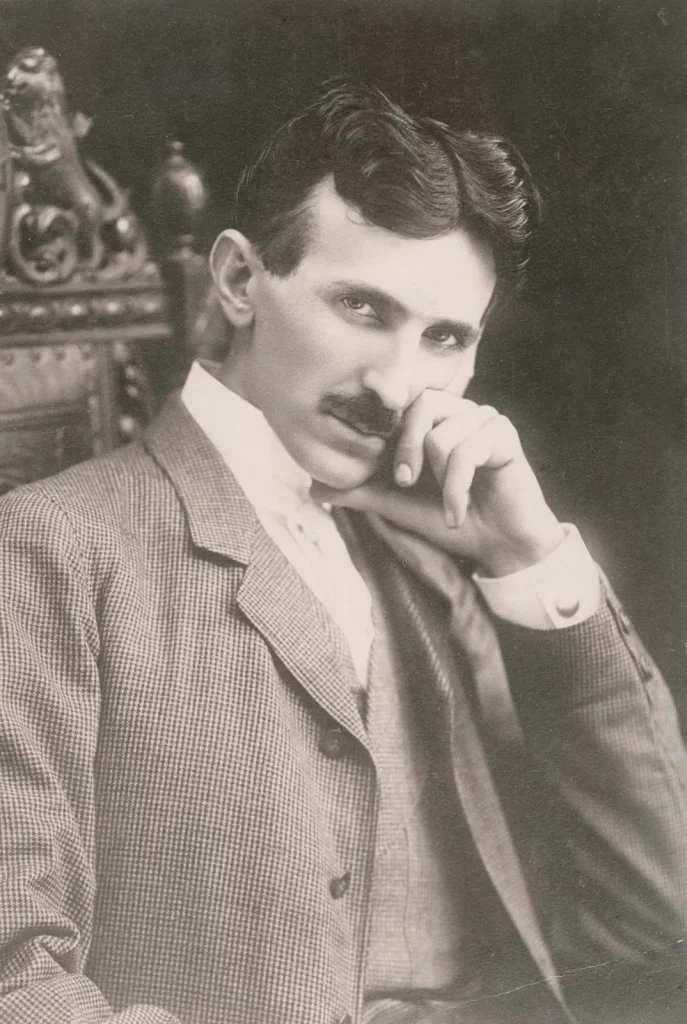
History indicates that both Tesla and Thomas Edison had several disagreements in terms of market competition.
This birthed the “war of currents” in 1888, where the Edison Electric Corporation boldly stated that their DC system was much more efficient and safer than the AC system. Despite losing, Tesla’s contribution to the scieence was cemented and appreciated after his death.
Adolf Hitler
Influence isn’t necessarily positive, as in the case of the Nazi leader, Adolf Hitler. Adolf Hitler was a politician that eventually succeeded in becoming dictator of Germany in 1933.
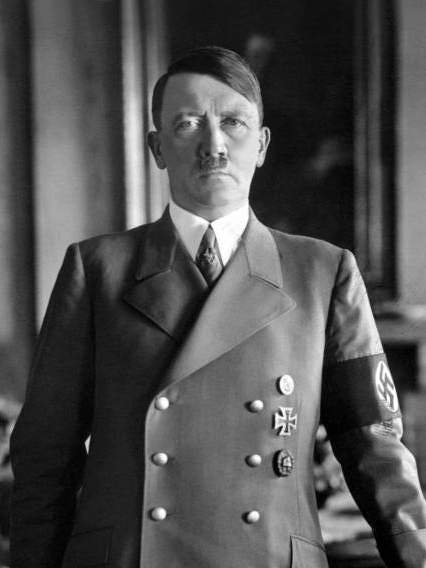
He ran the Nazi party, quickly rising to power and influence in the country. His invasion of Poland proved to spark the Second World War in Europe. His rule brought about a genocide that saw over seven million people lose their lives. After his defeat in 1945, he committed suicide in his Berlin bunker.
Galileo Galilei
Galileo constructed the first telescope using a couple of lenses and a tube. He lifted the telescope to the skies, discovering that Jupiter was complete with its own solar system. His discoveries brought the attention of church officials, who thought that the earth was the center of the solar system.
Subsequently, they put him under house arrest. However, he has since then been recognized as one of the fathers of modern astronomy.
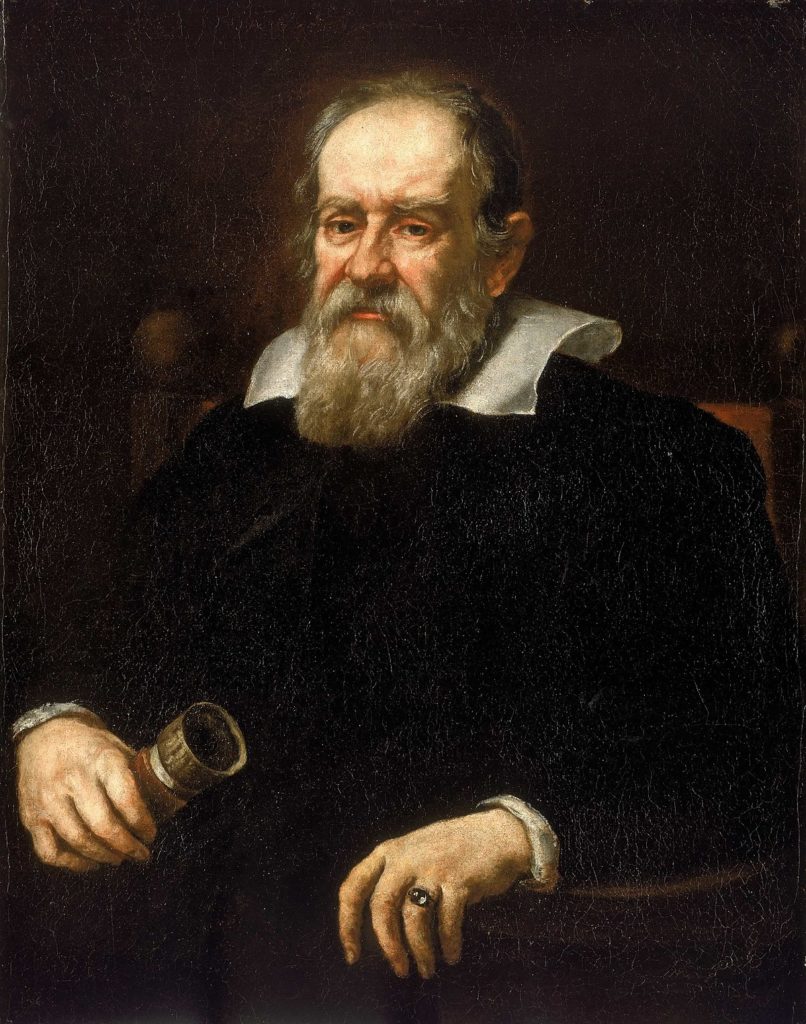
Muhammad
Muhammad is another influential religious teacher and preacher of the Islamic religion. He was orphaned at an early age and was subsequently raised by Abu Talib, his uncle. He went on to marry a wealthy woman named Khadija. Known as a devout man who was consistent in going for spiritual retreats.
On one of those retreats, it is claimed that he began to receive several revelations from the angel Gabriel. These revelations were what led to the Qur’an —the scripture that forms the foundation of the Islamic religion.
Alexander the Great
Alexander was the son of Phillip of Macedon and was a great warrior who expanded his small Greek kingdom to an empire that stretched to modern-day India. However, Alexander the Great died at 33 and could not fully establish his formal system of governing his conquests.
So, his vast empire fell apart after he died. Nevertheless, he is remembered for his military prowess and is an acclaimed hero amongst the Greeks.
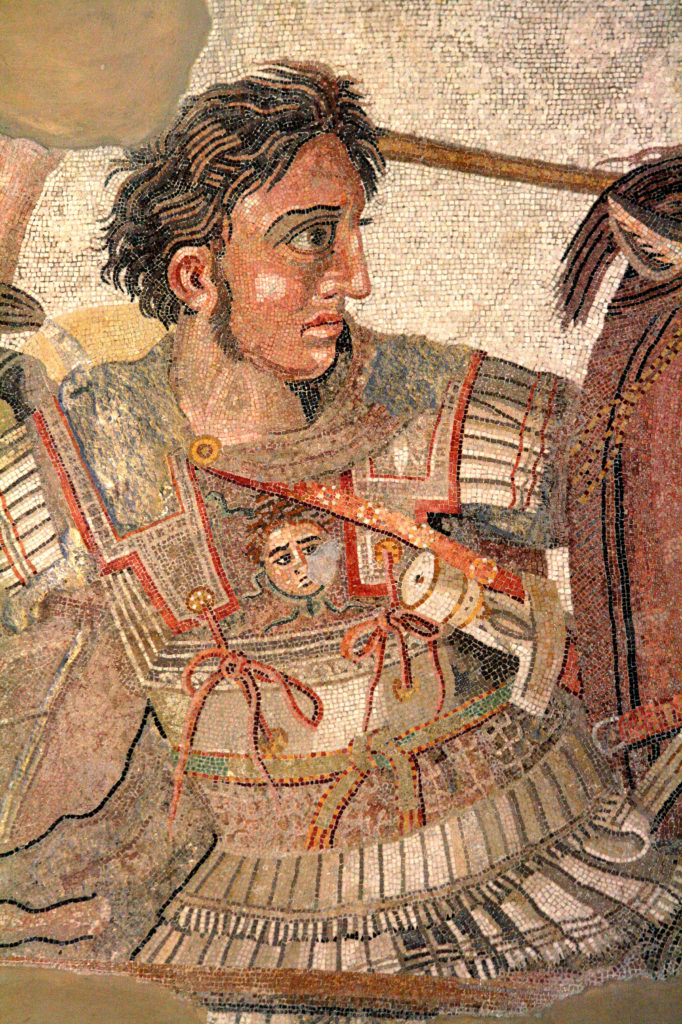
Plato
The most famous disciple of Socrates and the teacher of Aristotle, Plato, created the first institution of higher learning in Athens. He is the founder of humanities and education as a field of study. Plato can be regarded as a vital core to developing Western thought and, subsequently, European philosophy.
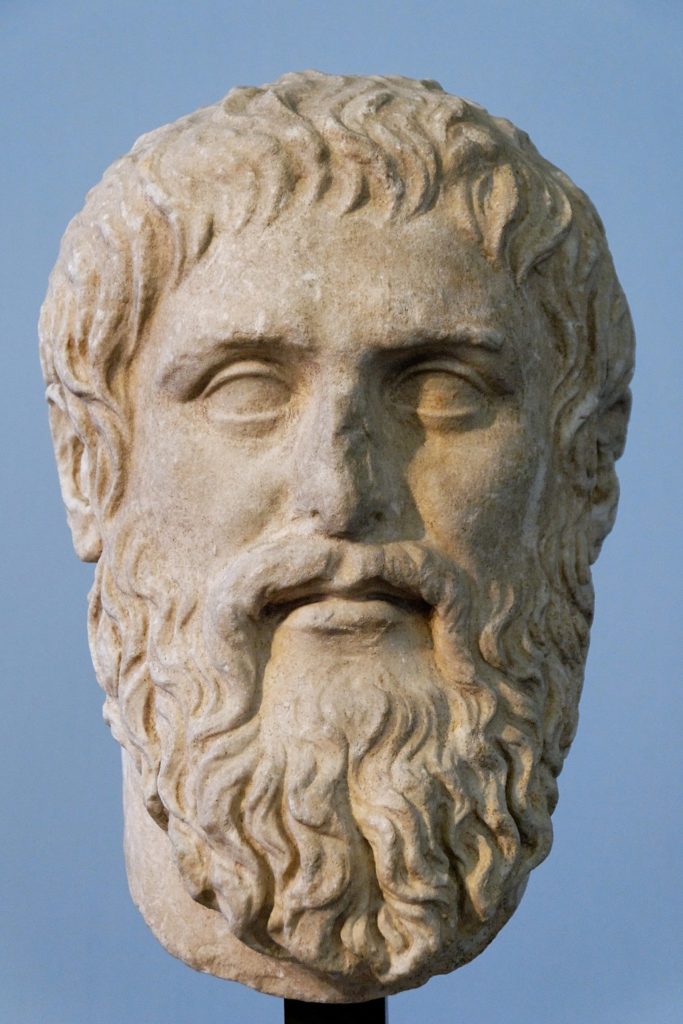
William Shakespeare
William Shakespeare is responsible for many idiomatic expressions and sayings still in use today. His literary prowess was evidenced in his plays. His poems are still taught in several curricula, coupled with literary devices such as comic relief, knock-knock jokes, and more.
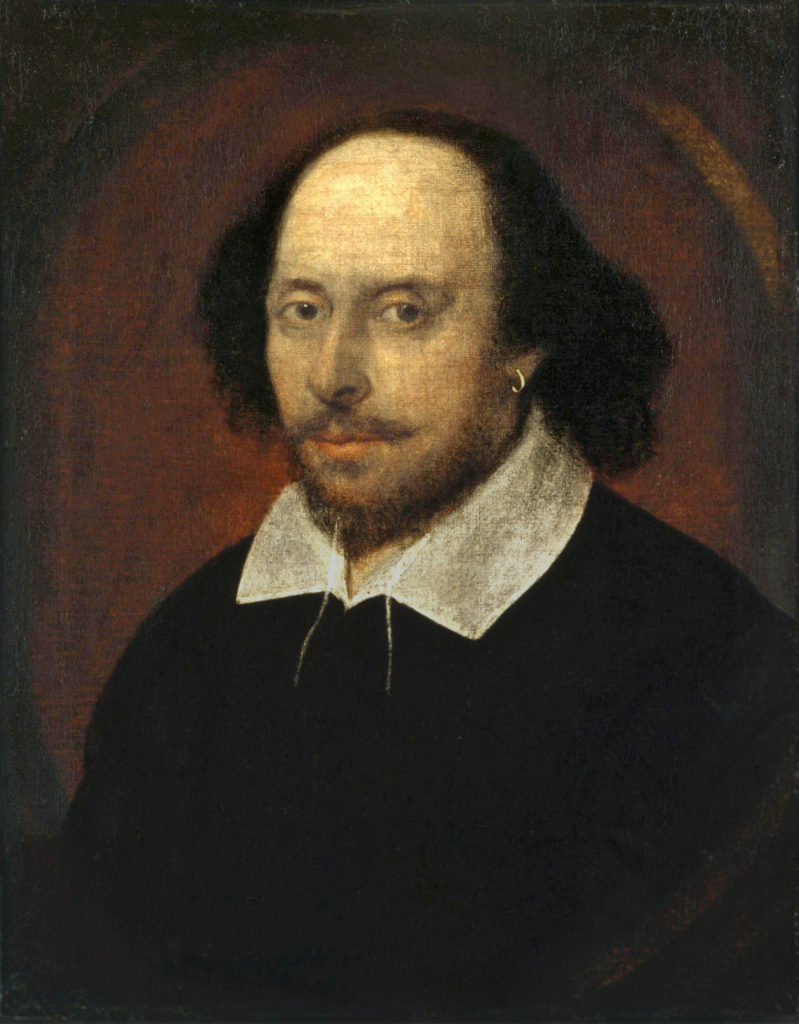
Isaac Newton
Most famous for uncovering the law of gravity, Isaacs Newton’s discovery sought to explain why things fall to the ground and why planets orbit the sun. Isaac Newton further created a branch of mathematics called ‘calculus,’ when he sought a particular form of math that did not exist.
Newton also wrote down tons of his discoveries in a book called “Principia,” which is still regarded today as a masterpiece. His discoveries were used by Einstein more than two centuries later.
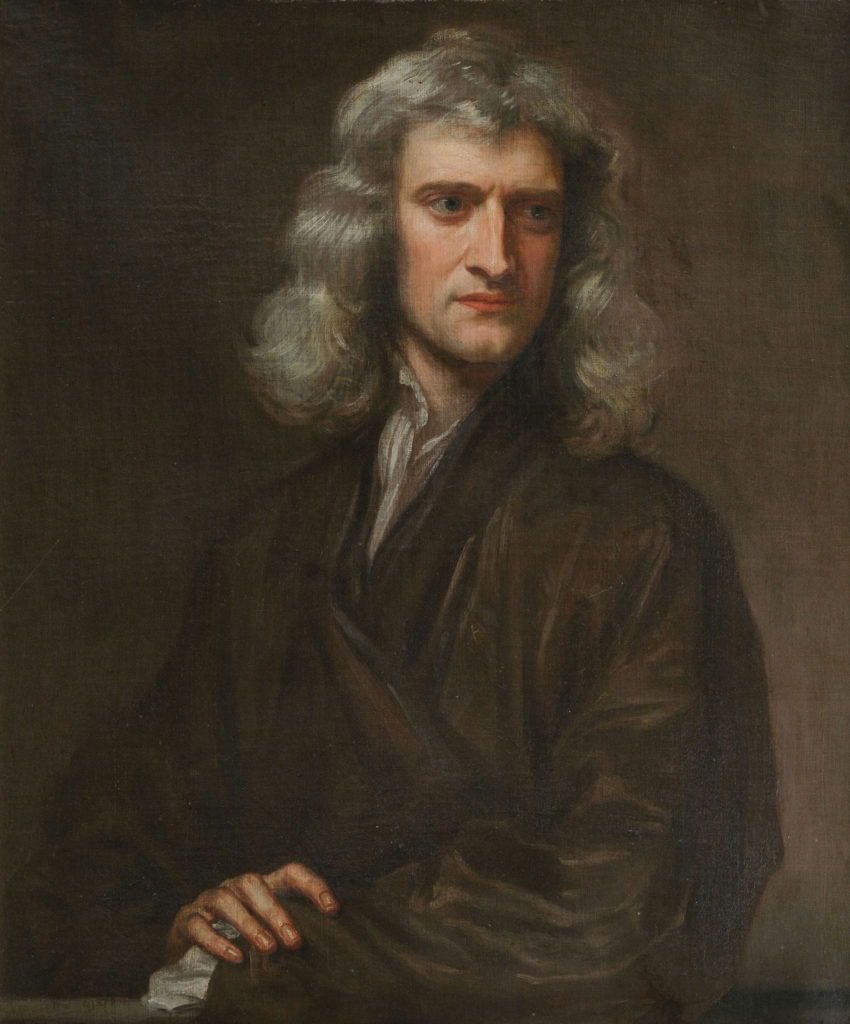
Genghis Khan
Another influential person that should be noted is Genghis Khan, the founder of the great Mongol empire. Through the aid of many Asian nomadic tribes, Genghis Khan proclaimed himself as the leader of the Mongols, conquering vast areas of Eurasia.
His army was feared across the length and breadth of Asia, with history recounting his conquests as heralding destruction on an indescribable scale. When he died, the Mongolian empire had taken over a vast majority of Chinese and Central-Asian land.
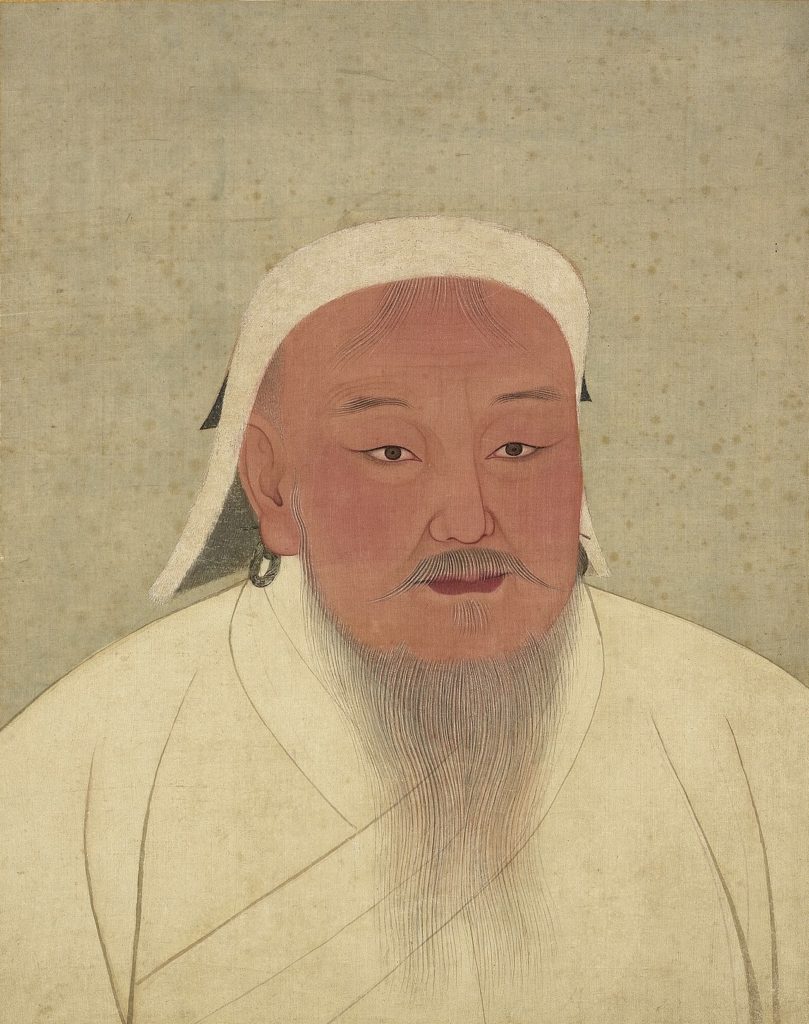
Abraham Lincoln
The 16th president of the United States played a critical role in keeping the United States together. He led the county at a time when the U.S. was dealing with a ton of issues. He led the Union to victory against the Confederacy and, most of all, ensured the emancipation of enslaved people with his Emancipation Proclamation.
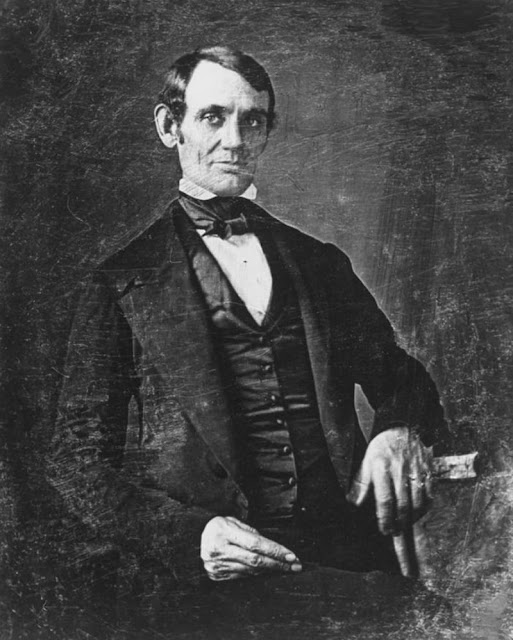
Nelson Mandela
Nelson Mandela deserves to be on this list for his tireless struggle against the wicked apartheid system that pervaded South Africa.
He went on to spend more than 27 years in prison for his activism, yet he persevered and guided his country toward the liberation that it enjoys today.
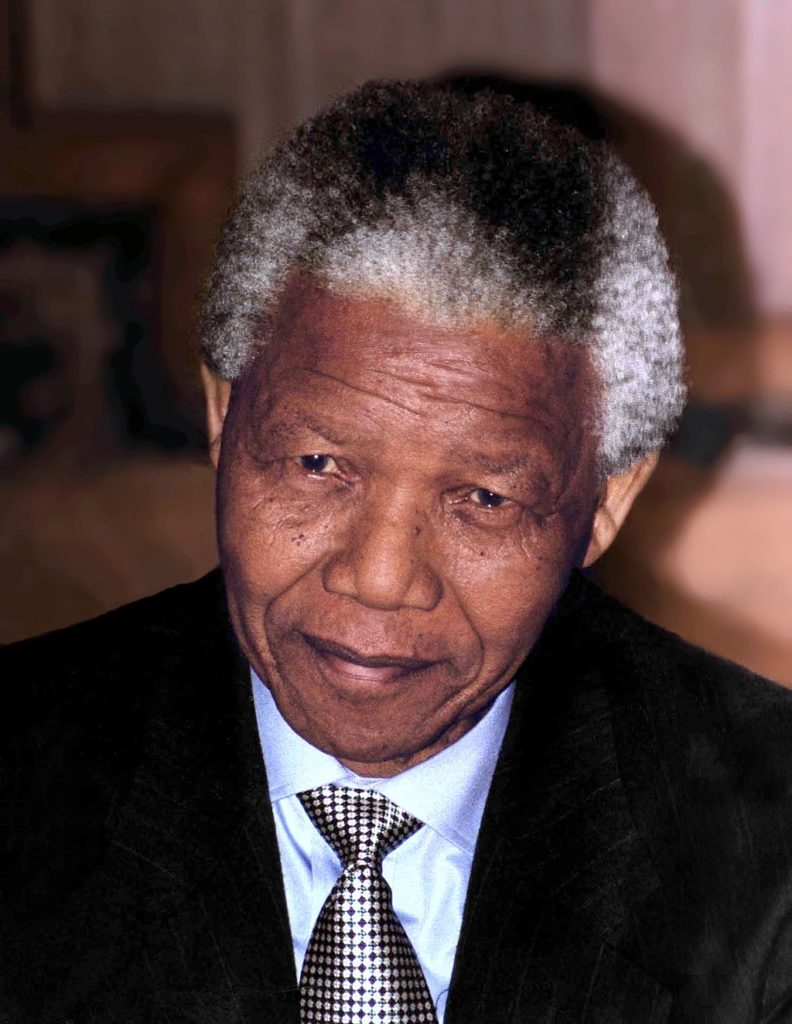
Wright Brothers
The Wright brothers pioneered the global aviation industry and piloted the world’s first motor-powered airplane in 1903. Because of these men, commercial aviation as we know it today was birthed, even though both men were self-taught mechanical engineers.
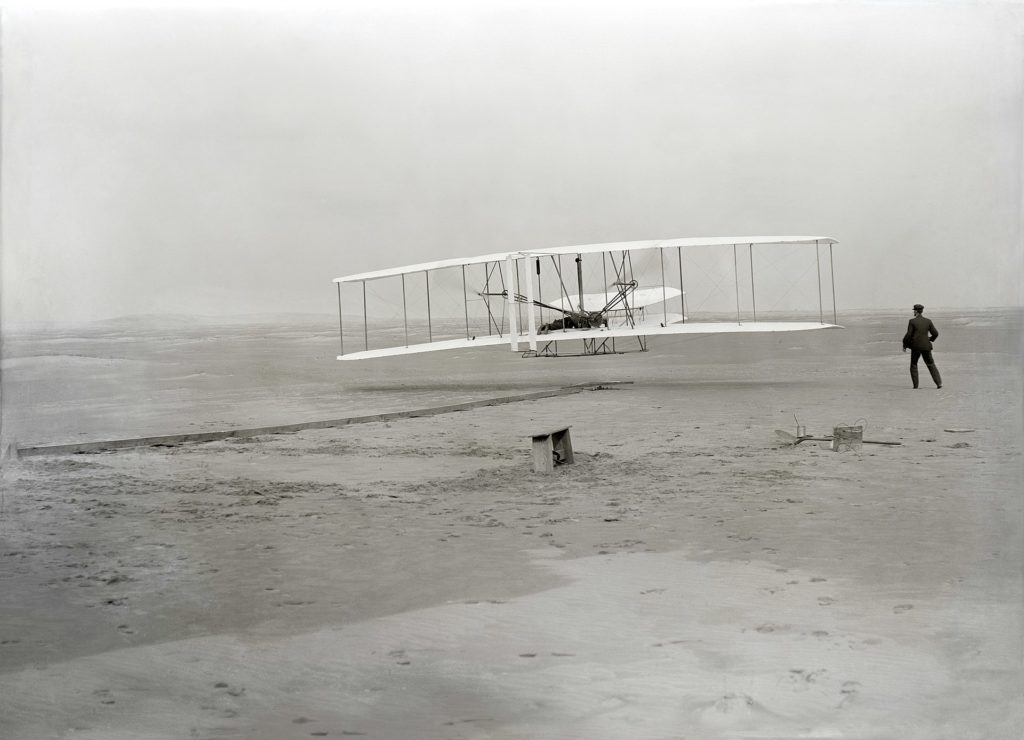
Benjamin Franklin
Benjamin Franklin is the only founding father of America that successfully signed all the key documents that established the U.S.A. Benjamin Franklin was also part of the first authors of the Declaration of Independence and was a core part of various inventions, such as the United States postal system, the lightning rod, and even the bifocals.
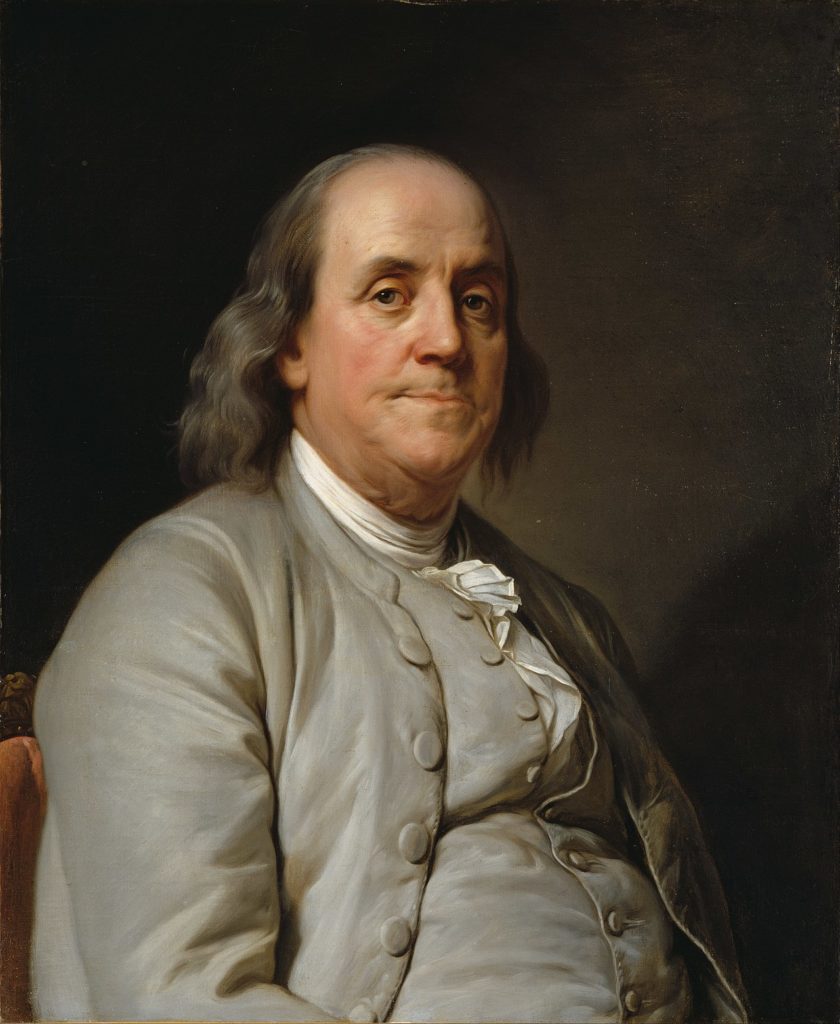
Wolfgang Amadeus Mozart
Mozart was one of the greatest music composers to have ever lived. His various compositions include classics like “The Marriage of Figaro,” “The Magic Flute,” and so on.
From a very young age, Mozart was already considered a prodigy, composing iconic melodies that are still being sampled in modern-day music. Some people believe that introducing Mozart to their children during certain periods of development in the child’s life will aid mental development.
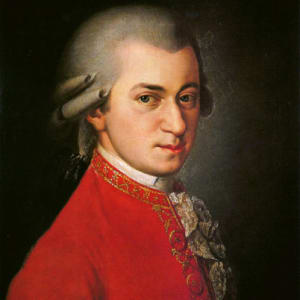
Martin Luther King Jr
Finally, and not least, Martin Luther King Jr. was arguably one of America’s most significant pioneers of the American civil rights movement and the anti-racism protests.
Martin fought for his dream for his country and became one of America’s most inspirational persons of all time. His protests against the racism faced by the African-American community entrenched his name in the sands of time.
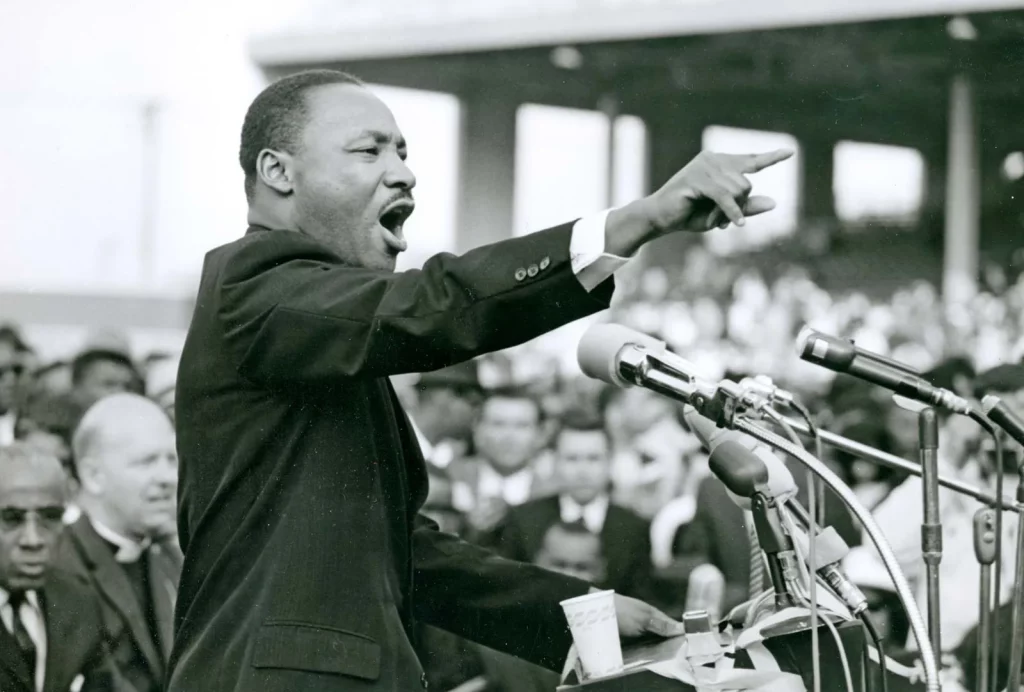
Influence is not just about wielding power
Influence entails you wielding your charm, confidence, and intelligence to create a much-needed impact on your environment and the world at large. These people have played their roles in history; it is your turn.
